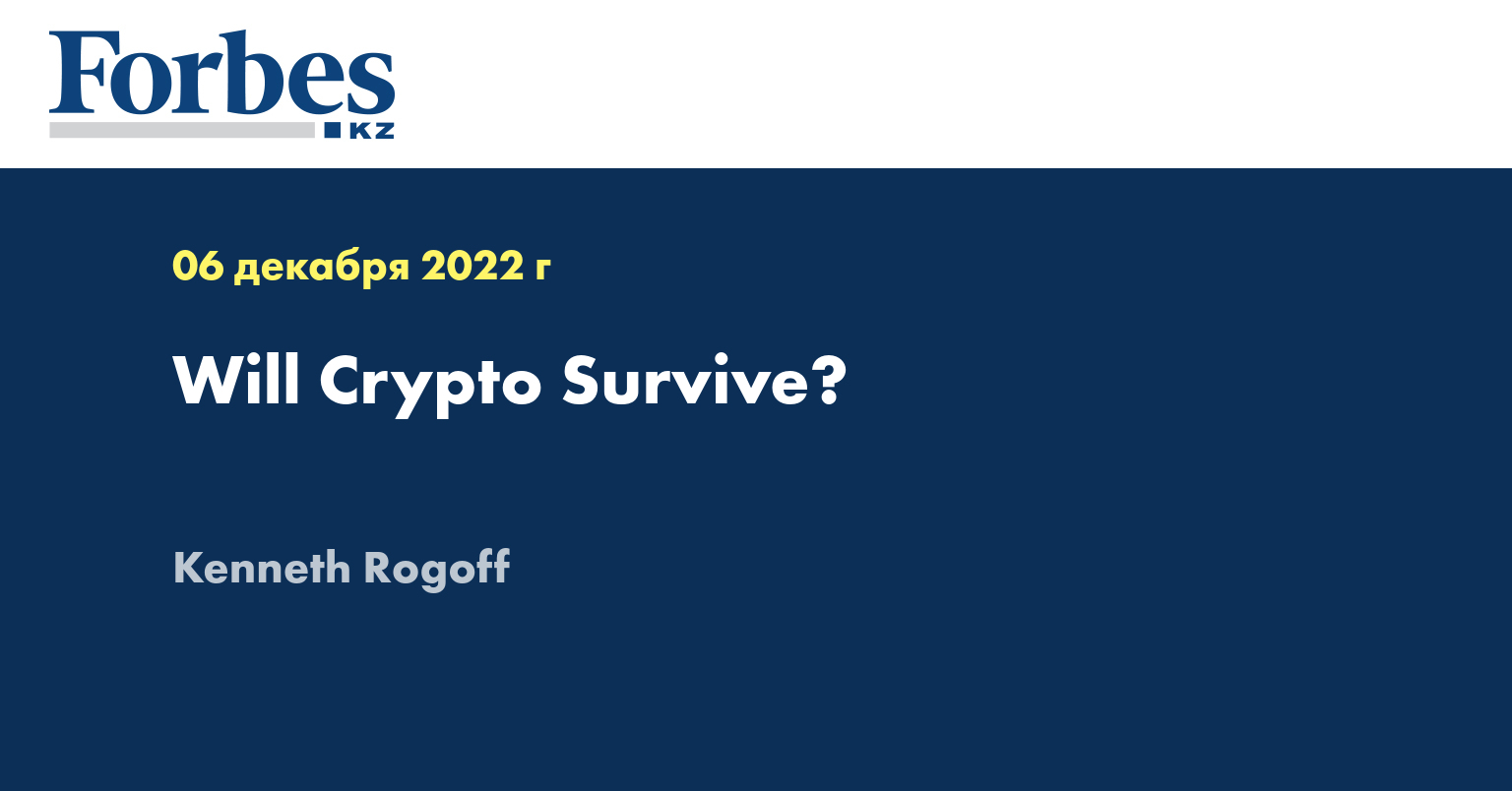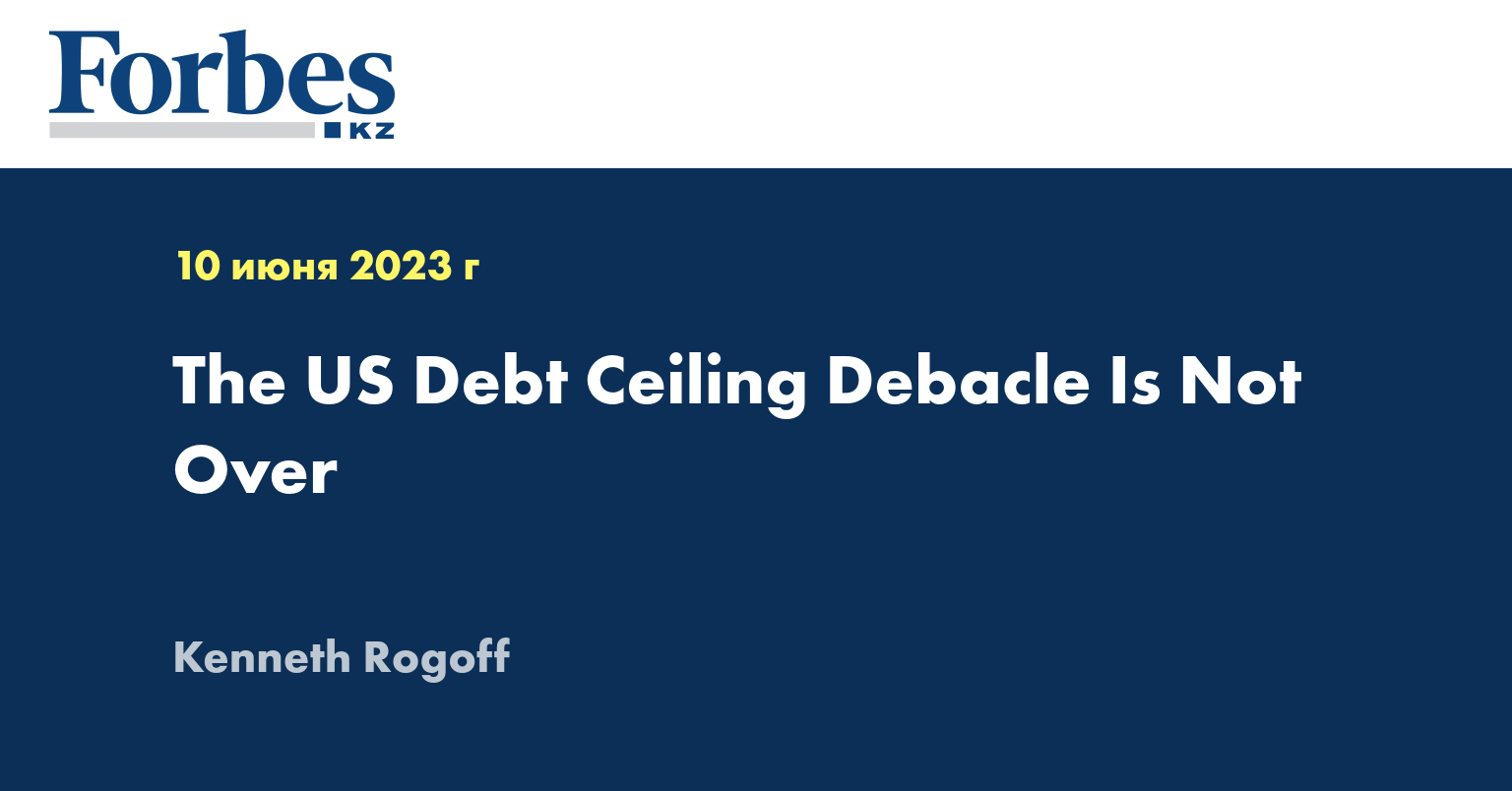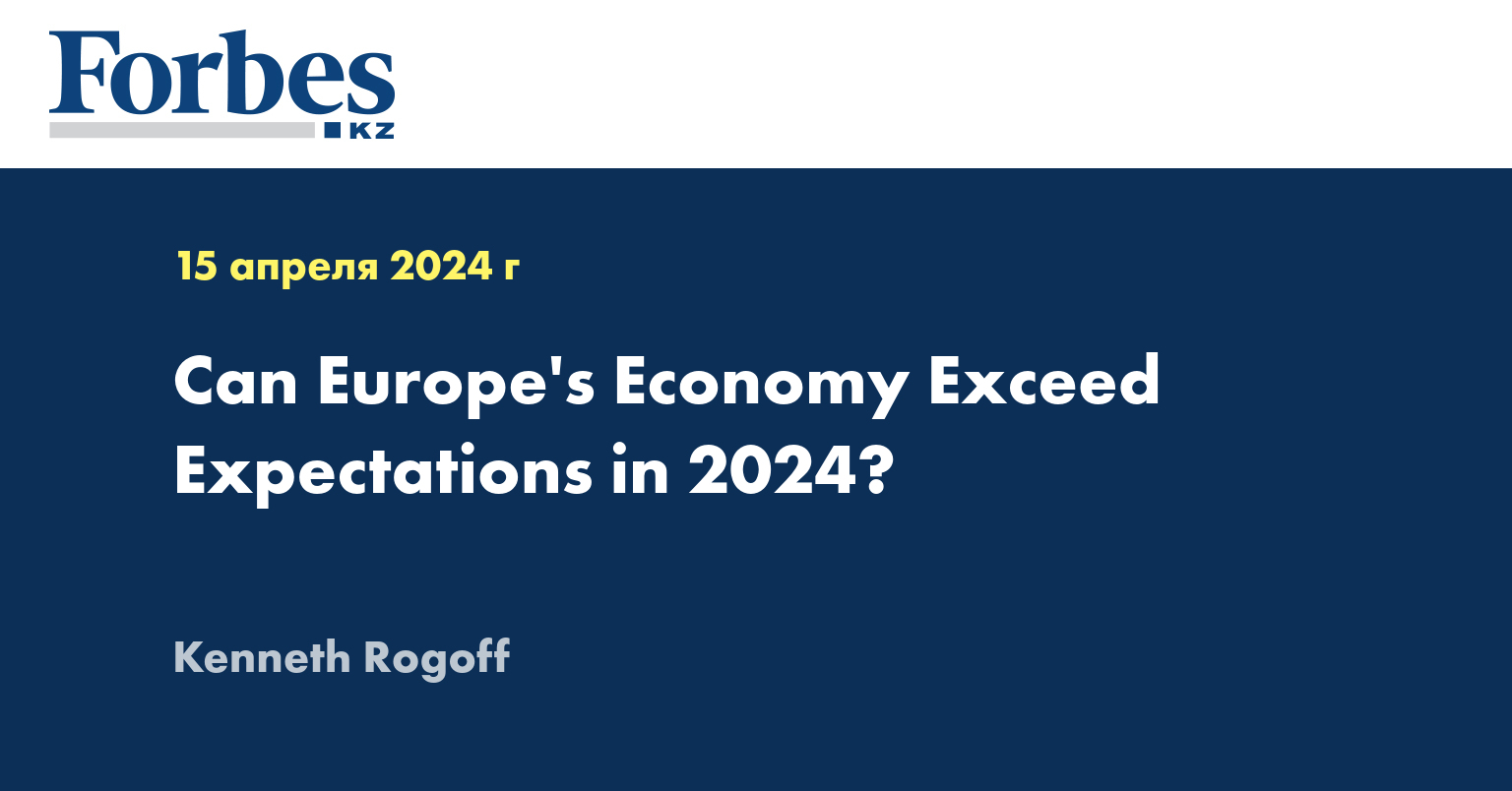With so much angst about artificial intelligence and the future of work, the recent world chess championship in London offers some hope
11 декабря 2018
5 мин.
8431
In the surprise hit movie “Crazy Rich Asians” (based on a 2013 Kevin Kwan novel), a New York University economics professor (Rachel), travels with her boyfriend to Singapore to meet his family. There, she learns, apparently for the first time, that her significant other (Nick) is heir to one of Asia’s largest fortunes and has a mother intent on making sure her son does not marry a commoner, Asian-American or not
24 октября 2018
5 мин.
8614
Economic growth worldwide picked up in 2017, and the best guess is that the global economy will perform strongly in 2018 as well. At the same time, a rising tide of populism and authoritarianism poses a risk to the stable democratic institutions that underlie long-term growth. And yet headlines seeming to portend political instability and chaos have not prevented stock markets from soaring. What gives?
15 января 2018
4 мин.
9248
US President Donald Trump has boasted that his policies will produce sustained 3-4% growth for many years to come. His prediction flies in the face of the judgment of many professional forecasters, including on Wall Street and at the Federal Reserve, who expect that the US will be lucky to achieve even 2% growth
06 октября 2017
5 мин.
5942
As US and European political leaders fret about the future of quality jobs, they would do well to look at the far bigger problems faced by developing Asia – problems that threaten to place massive downward pressure on global wages. In India, where per capita income is roughly a tenth that of the United States, more than ten million people per year are leaving the countryside and pouring into urban areas, and they often cannot find work even as chaiwalas, much less as computer programmers. The same angst that Americans and Europeans have about the future of jobs is an order of magnitude higher in Asia
14 августа 2017
4 мин.
5216
In many ways, the Republican Party’s plan to implement a “border adjustment tax” in the United States is the virtual complement of the physical wall President Donald Trump plans to erect on the US-Mexican border. Although the border adjustment tax has not seeped into public consciousness in nearly the same way as Trump’s physical wall has, it could end up affecting the average American a lot more – and not necessarily in a good way
17 апреля 2017
0
7358
The chess world is reeling from an accusation of cheating that has generated headlines around the world, even drawing a response from Elon Musk
21 октября 2022
4 мин.
81322
The epic collapse of wunderkind Sam Bankman-Fried’s $32 billion crypto empire, FTX, looks set to go down as one of the great financial debacles of all time
06 декабря 2022
4 мин.
65938
The tentative deal that was just struck to raise the United States’ debt ceiling won’t make the problem go away
10 июня 2023
4 мин.
44250
It is now past time to revisit the widely prevailing “free lunch” view of government debt
12 декабря 2023
5 мин.
43796
Over the past few years, China has significantly expanded its economic footprint in South America, overtaking the United States as the continent’s largest trading partner
17 мая 2023
5 мин.
43481
Who should pay for Ukraine’s postwar reconstruction?
27 августа 2023
4 мин.
40219
The global economy was full of surprises in 2023
10 января 2024
5 мин.
34453
A month into 2024, the consensus forecast for the global economy remains cautiously optimistic, with most central banks and analysts projecting either a soft landing or potentially no landing at all
02 февраля 2024
5 мин.
31827
After 15 years of economic upheavals, from the European debt crisis to the COVID-19 pandemic and Russia’s invasion of Ukraine, the European economy appears set to underperform in 2024. But are appearances deceiving?
15 апреля 2024
4 мин.
20711
LONDON – Will the next recession be worse than you think? With the major central banks having little space for further interest-rate cuts, might the next cyclical downturn become a crash? In theory, fiscal policy can go far in filling the void. The past decade has seen a rise in fiscal evangelism among many economists and policymakers, and it is indeed likely that fiscal fine-tuning will be widely tested in the next downturn. Are they right?
10 февраля 2020
5 мин.
16781
Who should pay for Ukraine’s postwar reconstruction?
27 августа 2023
4 мин.
40219
In the surprise hit movie “Crazy Rich Asians” (based on a 2013 Kevin Kwan novel), a New York University economics professor (Rachel), travels with her boyfriend to Singapore to meet his family. There, she learns, apparently for the first time, that her significant other (Nick) is heir to one of Asia’s largest fortunes and has a mother intent on making sure her son does not marry a commoner, Asian-American or not
24 октября 2018
5 мин.
8614
LONDON – Though US President Donald Trump tends to grab most of the headlines, he is hardly a global exception. Populist autocrats have enjoyed a breathtaking rise to power in countries around the world, and nowhere is the trend more pronounced than in Latin America following the elections of Mexico’s leftist president, Andrés Manuel López Obrador (AMLO), and Brazil’s right-wing president, Jair Bolsonaro. Americans are right to complain about Trump’s autocratic tendencies, but, as former Chilean Finance Minister Andrés Velasco would remind them, Trump is a mere apprentice compared to Latin America’s populists
10 июня 2019
5 мин.
8431
A month into 2024, the consensus forecast for the global economy remains cautiously optimistic, with most central banks and analysts projecting either a soft landing or potentially no landing at all
02 февраля 2024
5 мин.
31827
With so much angst about artificial intelligence and the future of work, the recent world chess championship in London offers some hope
11 декабря 2018
5 мин.
8431
CAMBRIDGE – Displaying a degree of courage and clarity that is difficult to overstate, US senator and presidential candidate Elizabeth Warren has taken on Big Tech, including Facebook, Google, Amazon, and Apple. Warren’s proposals amount to a total rethink of the United States’ exceptionally permissive merger and acquisition policy over the past four decades. Indeed, Big Tech is only the poster child for a significant increase in monopoly and oligopoly power across a broad swath of the American economy. Although the best approach is still far from clear, I could not agree more that something needs to done, especially when it comes to Big Tech’s ability to buy out potential competitors and use their platform dominance to move into other lines of business
09 апреля 2019
4 мин.
11010
If you ask most central bankers around the world what their plan is for dealing with the next normal-size recession, you would be surprised how many (at least in advanced economies) say “fiscal policy.” Given the high odds of a recession over the next two years – around 40% in the United States, for example – monetary policymakers who think fiscal policy alone will save the day are setting themselves up for a rude awakening
17 января 2019
4 мин.
11195
CAMBRIDGE – Why are stock-market valuations soaring when the real economy remains so fragile? One factor has become increasingly clear: The crisis has disproportionately affected small businesses and low-income service workers. They are essential for the real economy, but not so much for equity markets. True, there are other explanations for today’s lofty valuations, but each has its limitations
12 октября 2020
5 мин.
5362
A decade on from the 2008 global financial crisis, policymakers constantly assure us that the system is much safer today. The giant banks at the core of the meltdown have scaled back their risky bets, and everyone – investors, consumers, and central bankers – is still on high alert. Regulators have worked hard to ensure greater transparency and accountability in the banking industry. But are we really all that safe?
08 февраля 2019
4 мин.
9913
The global economy was full of surprises in 2023
10 января 2024
5 мин.
34453
У автора нет статей, опубликованных в журнале Forbes Kazakhstan
Подписывайтесь на нашу страницу в Facebook
Новости партнёров
Выбор редактора
Обсуждаемые в Соцсетях
Самые Читаемые

























